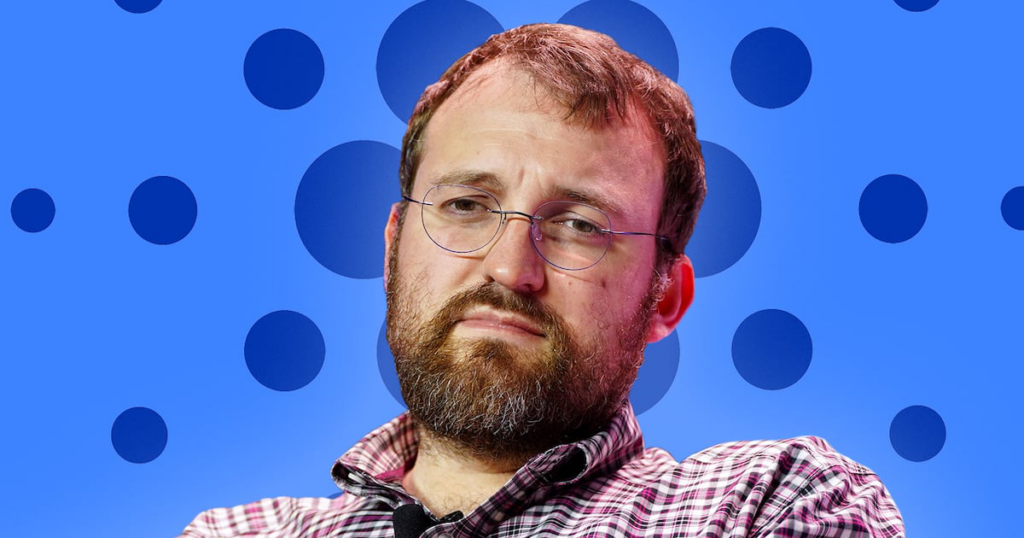The Cardano Chang hard fork has finally begun. Chang introduces decentralized governance to Cardano. This hard fork will move Cardano into the Voltaire era.
Cardano is one step closer to completing its long-awaited Chan hard fork.
Cardano stake pool operators began upgrading their nodes to the network’s new software, Node 9.1.0, on Thursday. SPOs are Cardano validators, which verify transactions on the blockchain.
Chan’s efforts will see control of $14 billion worth of blockchain technology transferred to ada holders.
“Cardano Node 9.1.0 includes all the features necessary to survive the Chan hard fork,” the Node release documentation on the Cardano GitHub states.
Once at least 70% of all SPOs have been upgraded to new nodes, a hard fork will occur.
According to data from Cardano staking dashboard PoolTool, node density for the Cardano upgrade is at 27% at the time of reporting.
Once the required 70% node density is reached, an event will trigger a new blockchain proposal and finalize the hard fork.
A hard fork introduces major changes to a blockchain’s software, and once the process is complete, the network will no longer be backwards compatible with previous versions.
Join our community for the latest stories and updates
Major blockchains such as Bitcoin and Ethereum have undergone hard forks in the past, with Ethereum’s 2022 hard fork changing the network’s consensus from proof-of-work mining to proof-of-stake.
Cardano’s Chan hard fork will introduce decentralized governance to the blockchain, similar to DeFi DAOs. The network upgrade is named after Phil Chan, an early Cardano evangelist who passed away in 2022.
Decentralized governance means that Cardano will no longer be under the control of the three organizations previously responsible for managing Cardano: the Cardano Foundation, Emergo, and Input Output Global.
Emurgo is the commercial arm of Cardano, while Charles Hoskinson owns blockchain development company Input Output Global.
The move to DAO-like governance will give holders of Cardano’s native coin, ADA, the power to vote on changes to the blockchain.
Hoskinson previously said that this shift to decentralized governance shows how much Cardano has matured over the years.
In addition to voting on changes to the blockchain, ADA holders also have rights over the project’s budget and finances. ADA holders who are not keen on active governance can also delegate their voting power to other participants.
Cardano’s Chan hard fork is the blockchain’s fifth network change, which, according to the project’s roadmap, will move Cardano into the Voltaire era, which decentralizes control of the network.
The previous era was called Goguen and Basho, which introduced network features such as scalability and smart contract capabilities.
Osato Avan-Nomayo is a Nigeria-based DeFi correspondent covering DeFi and technology. To share story tips or information, contact him at osato@dlnews.com.

